Politics
POPESCU NAMES HIS VISIT TO MOSCOW AN ONSET OF NORMALIZATION OF RELATIONS WITH RUSSIA
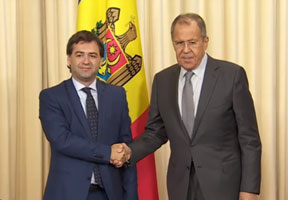
Moldova's Minister of Foreign Affairs and European Integration Nicolae Popescu said he regards his first visit to Moldova as the beginning of a joint work to normalize relations between Moldova and Russia.
Popescu said at his joint news conference with Russian Minister of Foreign Affairs Sergey Lavrov that last few years were complicated for the bilateral relationship, and that it was a period of certain misunderstandings and of diverging approaches to handling problems that kept mounting. "Therefore, relations with the Russian Federation is one of the important-most priorities for the new Moldovan government, so in our today's dialog we highlighted the importance of restoring trade and economic relations, whose current shape does not correspond to our interests or our possibilities", said the Moldovan Foreign minister.
Nicolae Popescu emphasized the need for removing all existing impediments to Moldovan goods on their way to the Russian market, "bearing in mind and proceeding from both countries' participation in the free trade zone of the Commonwealth of Independent States (CIS).
In his opinion, the CIS free trade zone and the DCFTA [Deep and Comprehensive Free Trade Agreement, the essential-most component of the EU-Moldova Association Agreement] do not contradict to one another.
"A special attention should be attached to the sensitive question of Transnistrian conflict settlement. We have pointed out the important role played by Russia in this job, along with other international mediators and observers taking part in the 5+2 negotiation process. Chisinau counts on Moscow's assistance in determining a lasting political solution to the Transnistrian question to be based on the respect for the Republic of Moldova's sovereignty and territorial integrity", said Nicolae Popescu.
He stressed that the Russian military presence in the Transnistrian region contradicts to the Republic of Moldova's neutral status fixed in the Constitution, and that the Russian troop withdrawal is remaining one of Moldova's chief external political priorities.
Answering journalists' question that President Igor Dodon stands allegedly against further integration with the European Union and how this can harmonize with the Transnistrian settlement strategy, Popescu said that the new Moldovan parliamentary majority, consisting of the Party of Socialists and the political bloc ACUM, is based on the idea of continuing the implementation of the EU-Moldova Association Agreement and the DCFTA.
"The same concerns the continuation of realization of the Moldova-NATO Individual Partnership Action Plan [IPAP], but all this is based on the principle of Moldova's neutrality. One of our new government's wishes is to normalize relations with Russia. But all this has no relation to how we will be waging the Transnistrian conflict settlement process. We are actively looking for ways to resolving this problem, and want to achieve concrete results in this", said Nicolae Popescu.

















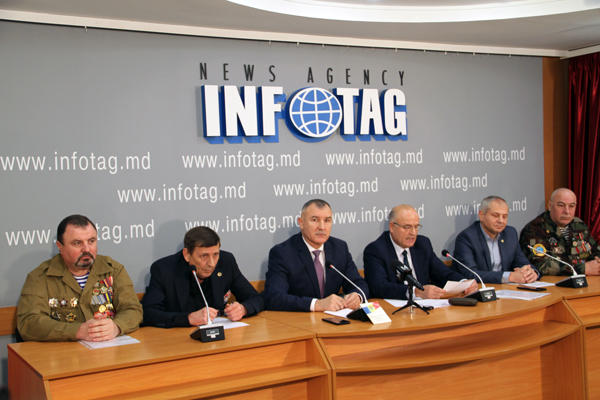
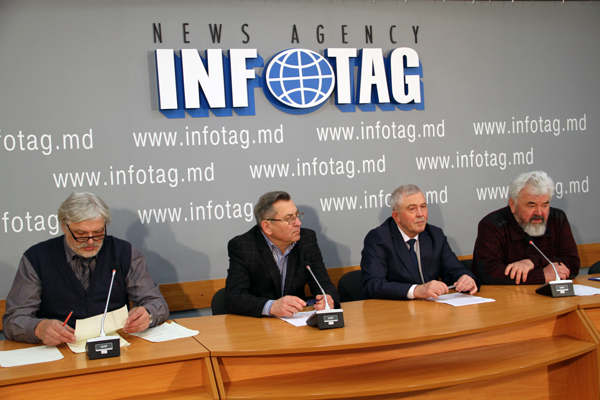
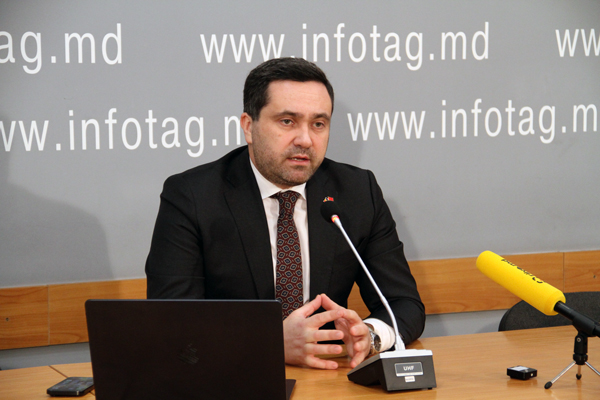
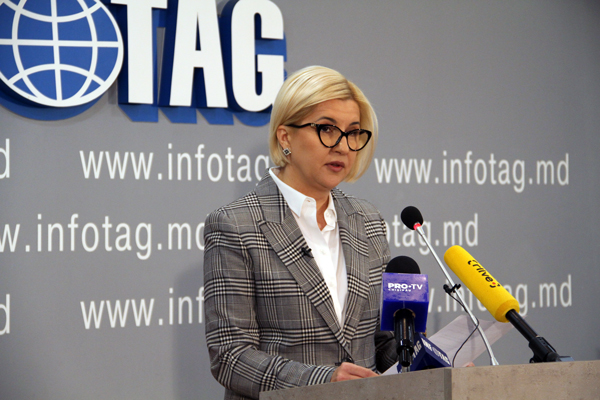



Add Comment